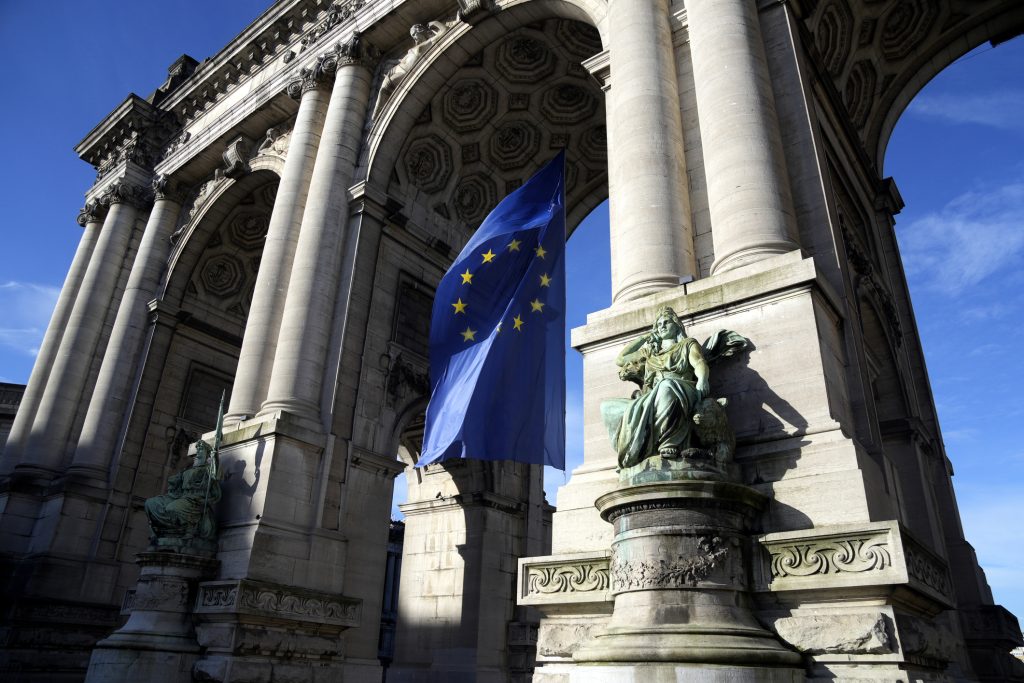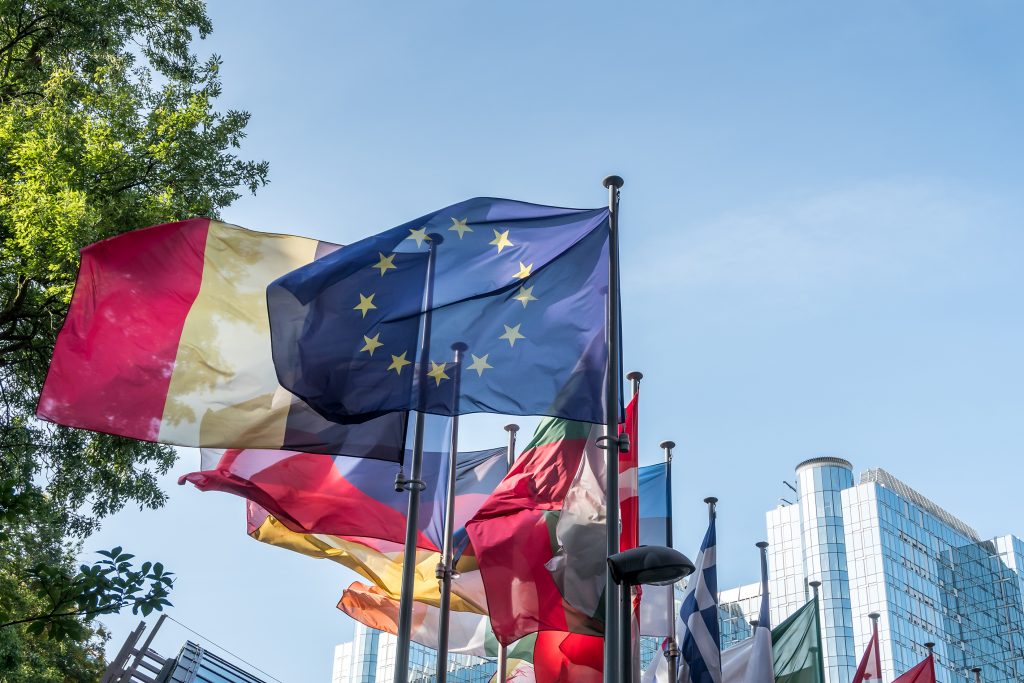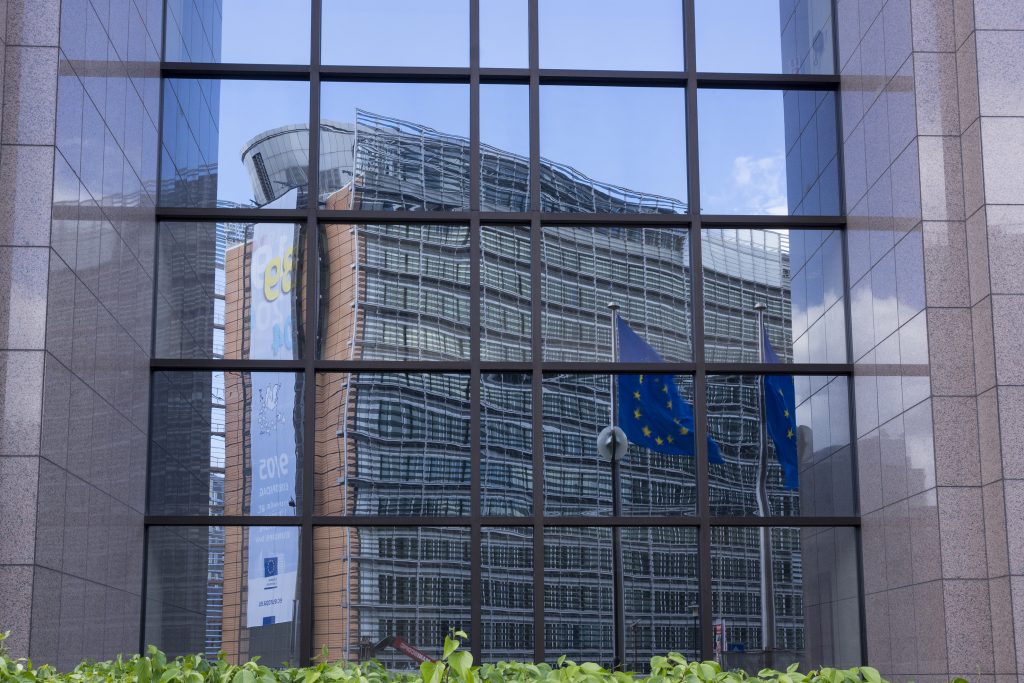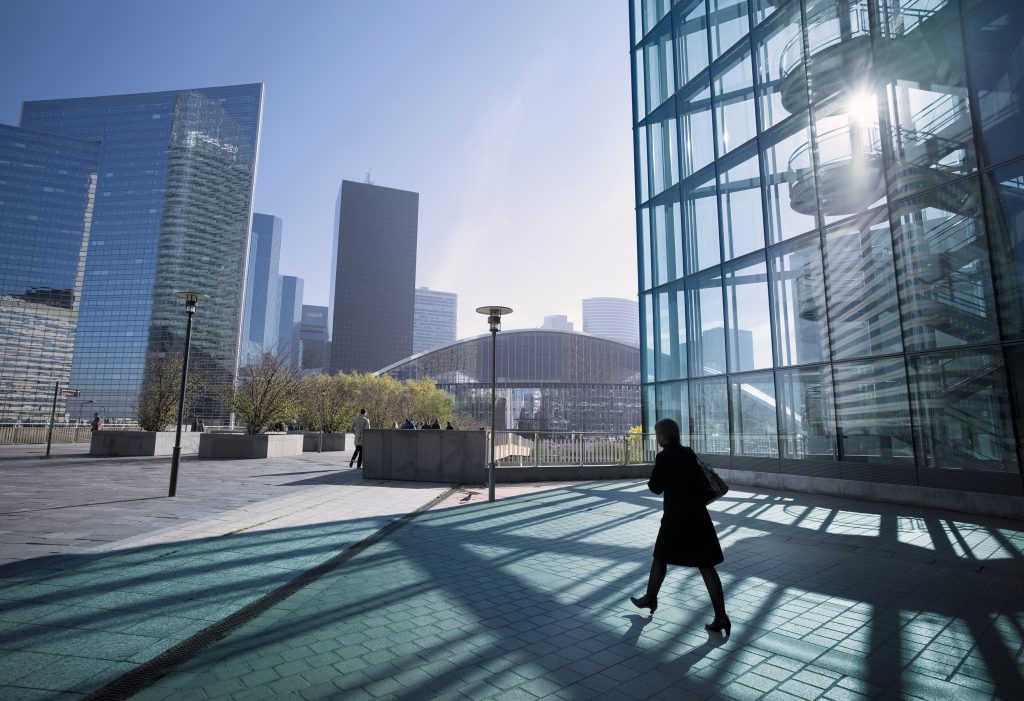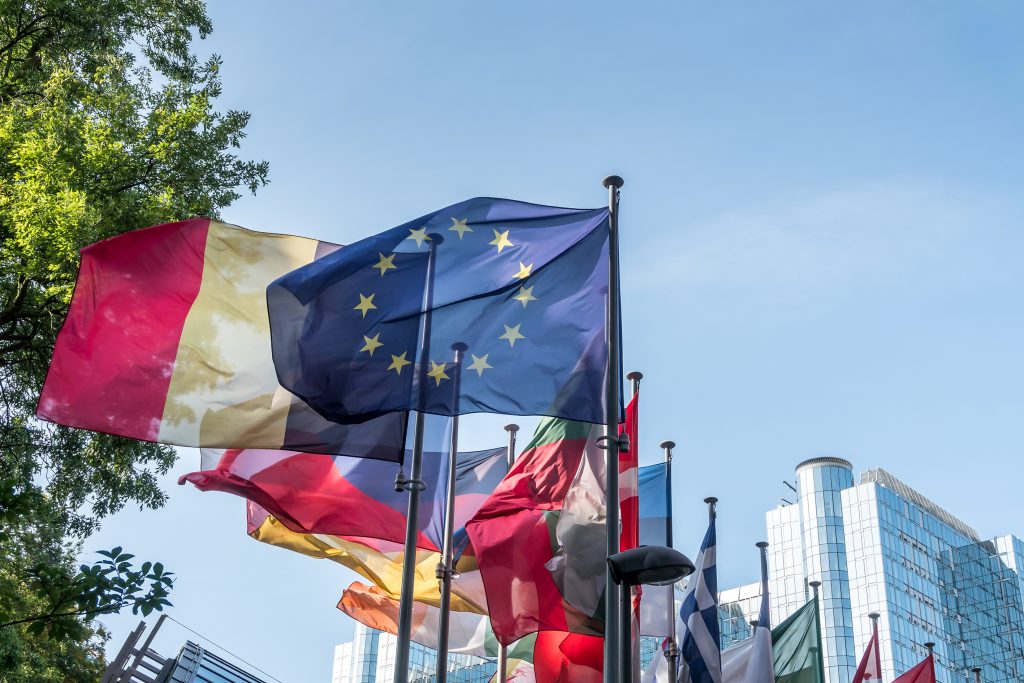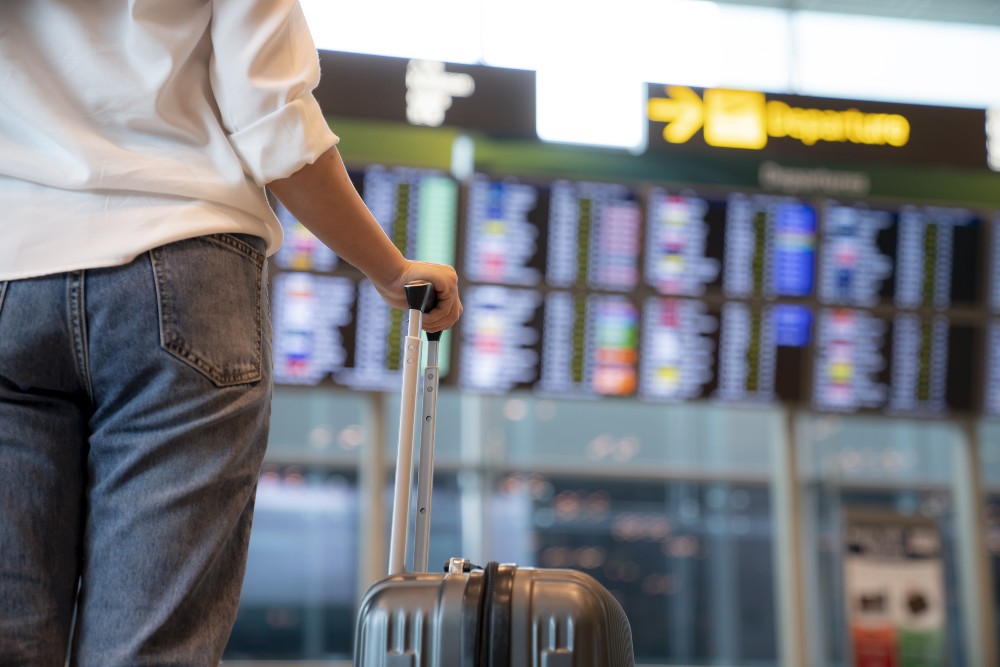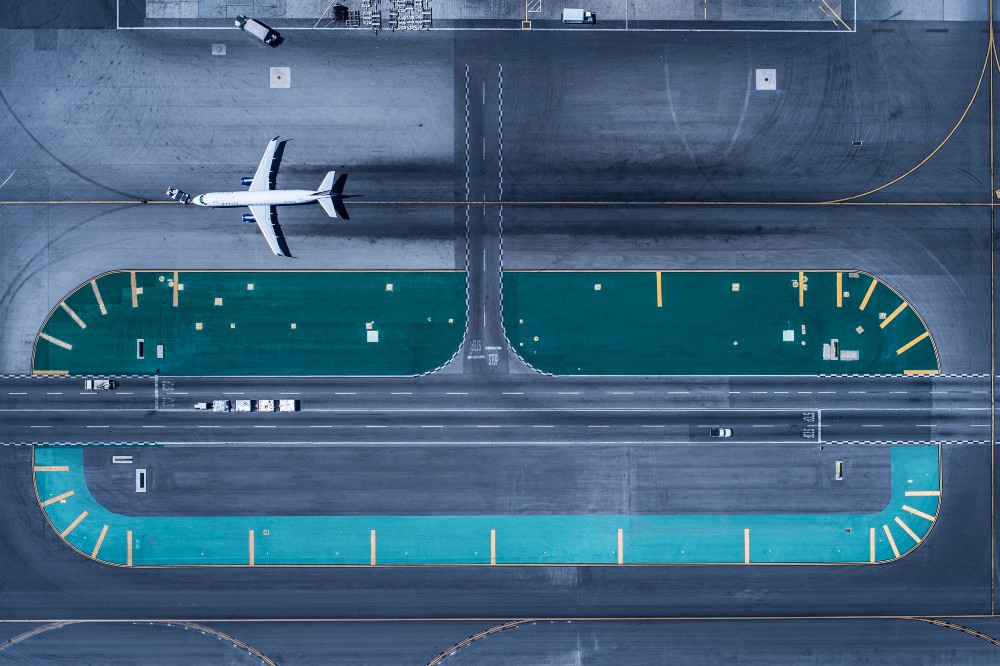Global mobility |
16 April 2021
The Covid-19 pandemic has resulted in unprecedented disruptions across multiple countries and economies in the world. In addition to adversely affecting the world economy, the restrictions placed on travel could have personal income tax implications for individuals and permanent establishment risks for businesses.
This article provides an insight into the tax considerations in respect of the current crises with a focus on the Singaporean personal income tax regime and the possible creation of permanent establishment risk.
Taxation of foreign individuals in Singapore
Typically, salary or bonus received by an individual for the exercising of Singapore employment would be subject to Singapore tax. The relevant tax rate will depend on the tax residency status. Foreign individuals are considered as tax residents if they:
- Stay or work in Singapore for 183 days in a calendar year, or in two subsequent years or have spent continuously three consecutive years in Singapore
Tax residents are taxed at a progressive rate from 0% to 22%.
For an individual with non-resident status, they must pay taxes at the following rates:
- Flat rate of 15% OR a progressive rate capped at 22% (whichever is the higher amount)
However, there are foreign individuals who have been working in Singapore remotely for their overseas employer since 2020 due to the Covid-19 situation. The Inland Revenue Authority of Singapore (IRAS) is willing to consider these individuals as “not exercising an employment”. This is for the period from the date of their return to the date they left Singapore in 2020, or up to 30 June 2021 (whichever is earlier), provided all the relevant conditions are met.
If the period of their stay in Singapore did not extend beyond 31 Dec 2020, the qualifying conditions are:
i. There is no change in the contractual terms governing employment overseas before and after return to Singapore; and
ii. This is a temporary work arrangement due to Covid-19.
If the above conditions are met, the individual’s employment income for the period of their stay in 2020 will not be taxable in Singapore.
Alternatively, if the period of their stay in Singapore extended to 2021, in addition to the conditions listed above, the qualifying conditions to be met are:
iii. The work performed during their stay in Singapore would have been performed overseas if not for the travel restrictions caused by Covid-19;
iv. They will leave Singapore as soon as they are able to do so before 30 Jun 2021; and
v. Their employment income earned during the stay in Singapore from 1 Jan 2021 to 30 Jun 2021 is subject to tax in the country of their overseas employer.
Condition (iv) will not be considered breached if
- The reason they continue working remotely from Singapore is due to the escalating Covid-19 situation in the country of their overseas employer (i.e., the resurgence of infections and a new strain of virus); and
- There is an increased risk of contracting Covid-19 when returning to work overseas.
If the individual fulfills all the conditions under (i) to (v), their employment income for the period of their stay up to 30 Jun 2021 will not be taxable in Singapore.
On the other hand, if the individual meets the conditions (i) and (ii) but did not meet the additional conditions (iii) to (v), only their employment income for the period of their stay up to 31 Dec 2020 will not be taxable in Singapore.
Normal tax rules will still apply to determine the taxability of their employment income for the period of their stay from 1 Jan 2021 to 30 Jun 2021.
The Organisation for Economic Co-operation and Development (OECD) in its publication “Analysis of Tax Treaties and the Impact of the Covid-19 Crisis” recommends the tie-breaker rules to determine the tax residence of individuals; the home country or the country where he is stranded. This is applicable where the rules in the home and host country of the individual grant the taxing right to both jurisdictions.
Where there is no double tax treaty, there might be a case of double taxation. The taxpayer however bears the burden of proof to show that the pandemic forced the stay in that particular jurisdiction longer than expected. This calls for a need to keep necessary documentary evidence to back up the claims.
Read: Impact of Covid-19 on personal income tax and permanent establishments in Singapore (Part 2)
